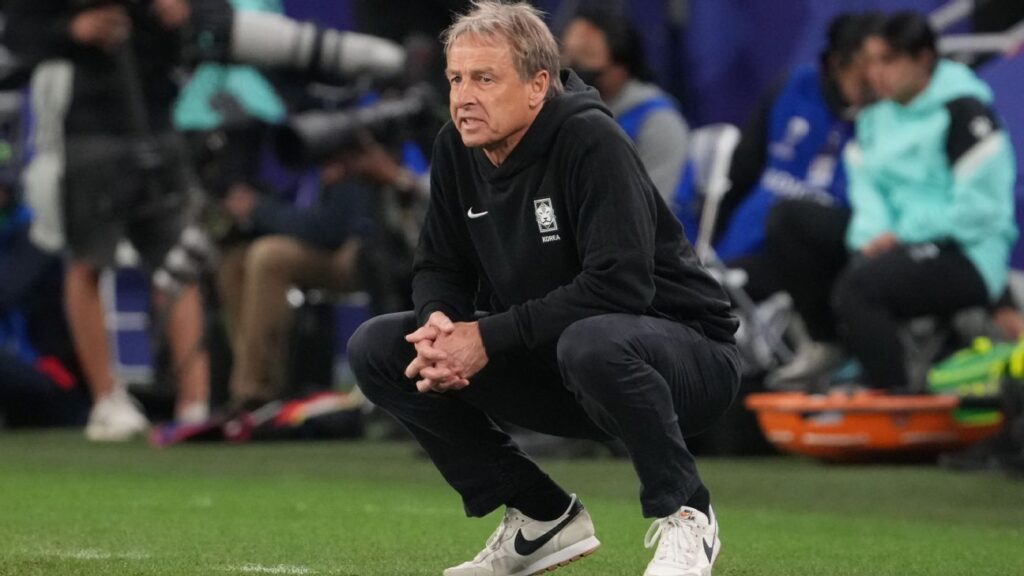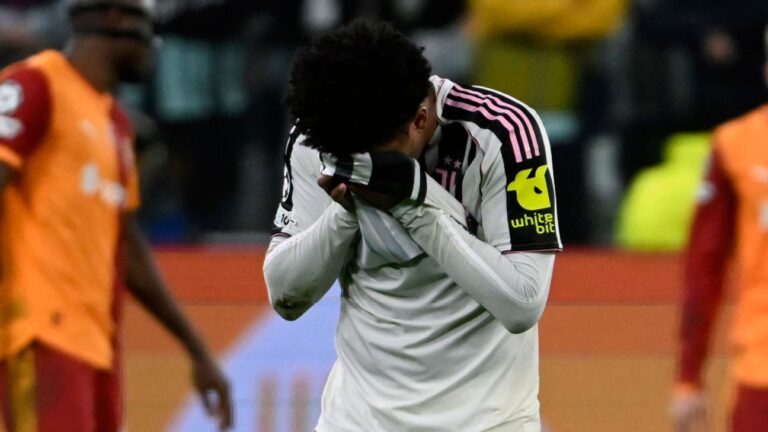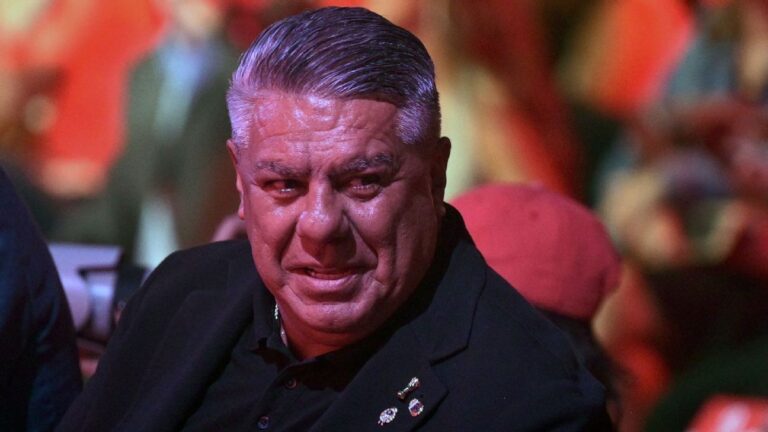Less than a year after appointing former Germany and United States coach Jürgen Klinsmann as coach on a contract that was supposed to take him through to the end of the 2026 World Cup cycle, South Korea now have to scramble to find a replacement before they face Thailand in two 2026 World Cup qualifiers in March.
The Korean Football Association (KFA) will start its search against a backdrop of anger and regret, with wounds still raw from an Asian Cup campaign that saw the team flatter to deceive, playing a style christened “zombie football” by its supporters and winning only one knockout match in normal time before they were bundled out in the semifinals by Jordan.
– Stream on ESPN+: LaLiga, Bundesliga, more (U.S.)
Then there was the prematch bust-up that featured two of the team’s star figures, Son Heung-min and Lee Kang-in, which has led to the latter being inundated with social media abuse. Klinsmann reportedly pointed to that incident as a factor in the shock loss to Jordan, rather than any kind of tactical missteps on his part, but the defeat felt like an inevitable endpoint given what they had produced to that point. The side’s ability to have more of the ball than any other side at the tournament (69.8%) stood in stark contrast to their ability to do anything meaningful with it, while they seemingly lacked a clear direction.
The Asian Cup started well enough, with an opening 3-1 win over Bahrain, but that proved a false dawn as Korea went on to score just two further goals from open play and conceded in all their five matches, with many goals coming as a direct result of sloppy turnovers.
“Korea was dragged by the opposing team in all games except for the first group match against Bahrain,” commentator Kim Oh-seong said after tournament. “Regardless of whether they faced a weak team or a strong team, they seemed to rely on the individual skills of key players without a clear strategy.”
Despite having 66% possession in the 2-2 draw with Jordan in their second group game, the Taeguk Warriors were forced to salvage a point through an injury-time own goal from Yazan Al-Arab. In their subsequent fixture against Malaysia, where they needed a win to ensure they would top their group, they had 82% of the ball but let in an injury-time equaliser to end with a 3-3 draw.
Against Saudi Arabia in the round of 16, they went almost an hour between shots on target and needed a dramatic 99th-minute equaliser from Cho Gue-sung and a penalty shootout to progress with cracks well and truly papered over. Then for the second time in a row, the Taeguk Warriors benefited from an opposition that had attempted to park the bus, as another late equaliser saved them against Australia before another set-piece goal from Son in extra-time sealed a 2-1 win.
In the semifinals though, their luck ran out. Jordan boss Hussein Ammouta had a clear plan to win, setting up his side to attack with purpose in transition and disrupting Korea’s attempts to find any rhythm. Despite having 69.6% of possession, Korea failed to have a shot on target at all; Jordan, in contrast, had seven, with their opening goal coming as Yazan Al-Naimat took advantage of a horror backpass from Park Yong-woo, before Musa Al-Taamari made it 2-0 shortly after.
Klinsmann seemingly took very little from the two teams’ previous meeting in the group stage — with his tactical approach cited by the National Team Committee, an advisory body of the KFA, when they recommended his sacking on Thursday.
“Regardless of the game results, it was not clear throughout the tournament what kind of soccer the coach wanted to play,” commentator Park Moon-seong was quoted as saying in Korean outlet JoongAng. “There is a big difference between having a goal and not being able to achieve it properly and setting the goal itself being unclear.”
So it was pretty easy to see why most with a voice in Korean football were openly calling for the federation to sack Klinsmann, creating a situation where the KFA almost had to act despite the significant costs of doing so. And the news duly came on Friday.
“Klinsmann has failed to display managerial capability and leadership expected of a national head coach in areas ranging from tactics, personnel management to work attitude and others required to bring about competitiveness to the team,” KFA president Chung Mong-Gyu said in a statement. “Klinsmann’s attitude and competitiveness as head coach has fallen short of people’s expectations and it was agreed that this would not be improved going forward, so we have decided to change leadership ahead of 2026 World Cup qualifying games.”
Klinsmann himself wasn’t in Seoul to hear the decision in person, having already returned to his home in California just days after elimination. While he did post a farewell message on social media — making sure to note a 13-game undefeated run the side experienced during his tenure — the last proper image of him as Korea coach will thus go down as a blurry screenshot of him Zooming into the National Team Committee meeting determining his future.
Symbolically, it’s an almost perfect epitaph: that even in the brief period after the Asian Cup had ended, when his job was on the line and resentment towards him was peaking, he spent just days in South Korea before jetting off once again. That he would do this, despite his lack of time in the country being a lightning rod for anger even before the Asian Cup began, was a remarkable display of tone-deafness, if not outright hubris.
And in the end, it’s an act that will likely seal his reputation in Korea as a “work-from-home coach” — one who didn’t properly care for the responsibility and honour that his position carried. Never popular to begin with, his failure to get the best out of a group widely considered to be a golden generation — more talented even than the side that reached the semifinals of the 2002 World Cup on home soil — will now go down in notoriety, an opportunity to end a painful 64-year continental trophy drought wasted.




